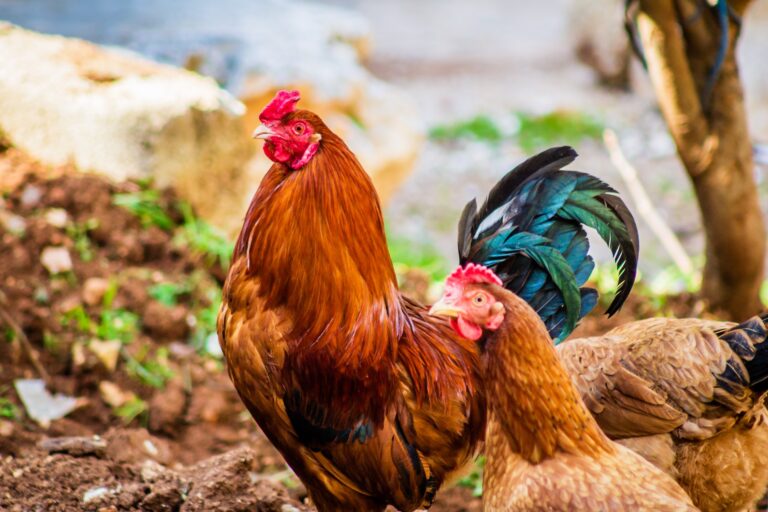Is Cockfighting Legal in Sri Lanka?
Cockfighting in Sri Lanka is illegal under the Prevention of Cruelty to Animals Ordinance, which was enacted in 1907. Despite being illegal, cockfighting is still practiced in some rural areas of the country as a form of entertainment and gambling.
What is the Overview of Cockfighting in Sri Lanka?
Cockfighting is a traditional blood sport in Sri Lanka that involves the pitting of two roosters against each other in a ring, with the birds fighting until one is either dead or critically injured. The sport is deeply rooted in Sri Lankan culture and has been practiced for centuries. However, it has been condemned by animal rights activists and is considered a form of animal cruelty.
- Despite being illegal, cockfighting continues to take place in some parts of Sri Lanka.
- It is usually held during festive seasons and special occasions.
- Local communities are often involved in organizing and hosting these events.
- Cockfighting is also associated with gambling, as spectators place bets on the outcome of the fights.
How is Cockfighting Known Locally in Sri Lanka?
In Sri Lanka, cockfighting is known as kukul katayama, which translates to rooster fighting. The roosters used for cockfighting are specially bred and trained for the purpose. The birds are usually equipped with sharp metal spurs called gaffs that are attached to their legs to increase their fighting prowess.
What are the Penalties and Enforcement for Cockfighting in Sri Lanka?
Under the Prevention of Cruelty to Animals Ordinance, organizing or participating in cockfighting is illegal and punishable by law in Sri Lanka. The penalties for engaging in cockfighting include:
- Fines up to LKR 100 (approximately USD 0.50) for organizing a cockfight
- Fines up to LKR 50 (approximately USD 0.25) for participating in a cockfight
- Imprisonment for up to six months for repeat offenders
Enforcement of the law is often lax in rural areas where cockfighting is prevalent. The authorities may turn a blind eye to the practice due to its cultural significance and the involvement of local communities.
Which Helpful Links, Government Laws, and Resources are Available for Information on Cockfighting in Sri Lanka?
For more information on the laws and regulations related to cockfighting in Sri Lanka, the following resources are available:
- Prevention of Cruelty to Animals Ordinance (1907)
- Sri Lanka Legal Information Institute (LII)
- Humane Society International
- ASPCA
By raising awareness of the cruelty associated with cockfighting and advocating for stronger enforcement of existing laws, it is hoped that this cruel practice can be eradicated from Sri Lanka and replaced with more humane forms of entertainment and cultural expression.
